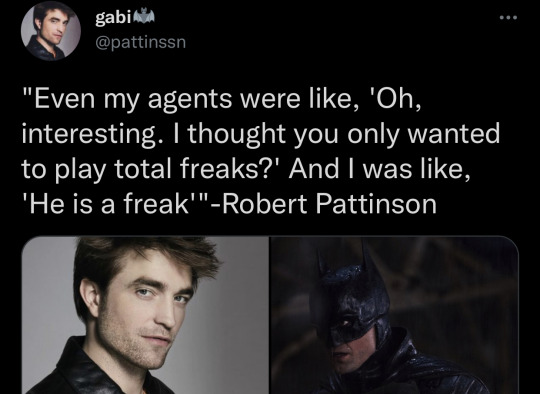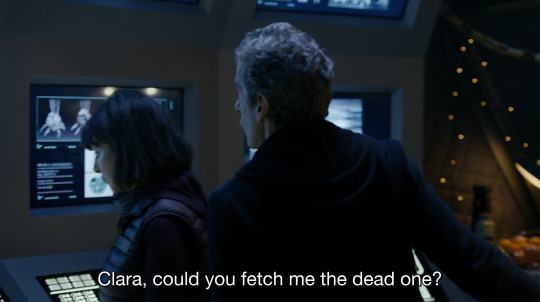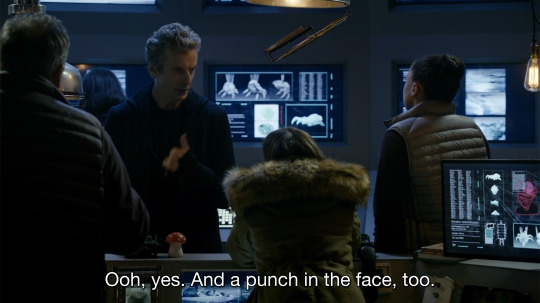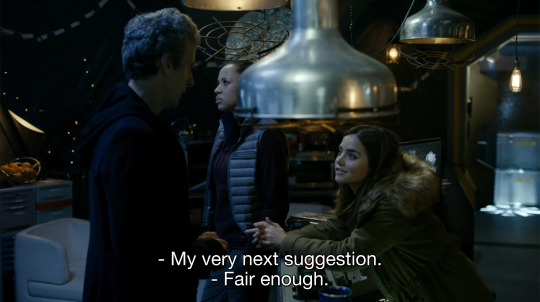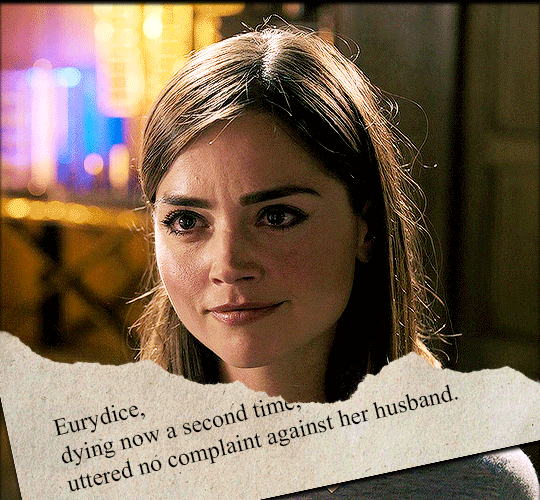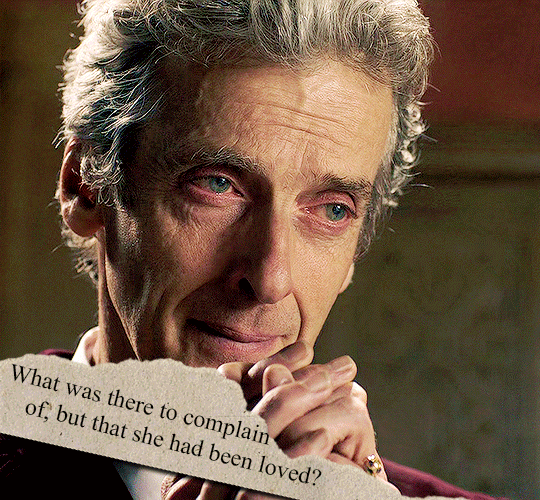Text
the end of asoue is written with such remarkable nuance that it really gets me everytime. its not a big band like tpp, but rather a slow, bittersweet climax that daunts on the more complex themes of the previous books and just kind of waltzes to a close. i cant help but think about the scene where the baudeliaires are watching count olaf die after saving kit. this man, who they watched for over a year torment them, who killed everyone they love that was supposed to take care of them, who is the sole reason maybe not behind the fire, but behind the series of unforunate events that followed, was dying. it was final. it was an end of a chapter. i cant help but think they felt a little sad watching this - someone who they knew couldve been good and noble and chosen to put out fires, always chose the wrong thing. and it was like the end of an era - of the life they knew of misery and misfortune at every turn. and they saw him be gentle to kit. and they saw him die. i just cant imagine how they felt, that count olaf, someone so untouchable, arrogant, and ever present in their lives, could in fact, die.
20 notes
·
View notes
Text
Snicket wasn't lying when he said I'd be crying enough to drown in my tears by the time I finished his Series of Unfortunate Events
I'm rattled, I'm wounded, I'm breaking down at the slightest movement
Spoilers for The End
But but can we just talk about the end
I mean the way that Olaf shows such a ridiculously gentle side towards Kit because he's picked one single human being in the whole world to love, he's chosen to see Kit and Kit alone as deserving of any help he can provide, and this act of complete selfishness is also an act of incredible good?
The fact that Lemony and Olaf both fell in love with a woman who wasn't destined for them? And Olaf died trading bitter poetry with Kit but Lemony lived on in grief writing bitter poetry to someone who would never answer?
The fact that we'll never ever know what went on with Olaf and those poison darts and the Baudelaire parents but we know that just because you had a Bad Beginning that doesn't in any way make it okay to take it out on someone else's offspring, and even if the people you admire weren't as squeaky clean as you thought, that doesn't make it wrong to remember the good they did.
The fact that The Great Unknown could easily be a symbol for death but also a symbol for life, because life can be so much more vicious and mysterious and ready to swallow us at a moment's notice than even death?
The fact that the sugar bowl was never opened? And we don't know why Esme ever wanted it?
I like to think that the sugar bowl eventually drifted to the Baudelaires' island, like all lost things do, and as the Baudelaires and Miss Snicket-Denoument rowed away months later, the sugar bowl stayed buried in the shallows of the island where it all began, and may or may not still be there to this day
77 notes
·
View notes
Text
I see a lot of people clowning on the people of Pelican Town for not repairing the community center themselves or clowning on Lewis for embezzling and. like. Those criticisms aren't entirely unfair. But I think instead of coming at it from a perspective of "why can't the townspeople do this" we should be asking "why and how can the farmer do this?"
Like. Think about it. The farmer arrives in Stardew Valley on the first day of spring. By the first day they're obviously different. By day five the spirits of the forest who haven't been seen by the townsfolk in years or generations are speaking to them. By the second week they've developed a rapport with the wizard that lives outside town.
In the spring they go foraging and find more than even Linus, who's spent so many years learning the ways of the valley. Maybe he knows, when he sees them walking back home. Maybe he looks at them and understands that they're different, chosen somehow.
In the summer they fish in the lakes and the ocean for hours on end, catching fish that even Willy's only ever heard of, fish that he thought were the stuff of legend. They pull up giants from the deep and mutated monstrosities from the sewers.
In the fall, their crops grow incredibly immense; pumpkins twice as tall as a person, big enough that someone could live inside. The farmer cuts it down with an axe without even batting an eye. Does Lewis wonder, when he checks the collection bin that night and finds it full to the brim with pumpkin flesh? What does he think? Does he even leave the money? Does he have the funds to pay the farmer millions of dollars for the massive amounts of wine they sell? Or is it someone--something--else entirely?
In the winter, the farmer delves into the mines. No one in Pelican Town has been down there in decades. No one in living memory has been to the bottom. The farmer gets there within the season. They return to the surface with stories of dwarven ruins and shadow people, stories they only tell to Vincent and Jas, whose retellings will be dismissed by the adults as flights of fancy. People walking by the entrance to the mines sometimes hear the farmer in there, speaking in a language no one can understand. Something speaks back.
The farmer speaks to the the wizard. They speak to the spirit of a bear inside a centuries-old stone. They speak to the shadow people and the dwarves, ancient enemies, and they try to mend the rift. They speak to the Junimos, ancient spirits of the forest and the river and the mountain. They taste the nectar of the stardrops and speak to the valley itself. They change Pelican Town, and they change the valley. Things are waking up.
And what does Evelyn think? She's the oldest person in the valley; she was here when the farmer's grandfather was young. (How old *is* she, anyway? She never seems to age. She doesn't remember the year she was born.) Does she see the farmer and think of their grandfather? Does she try to remember if he was like this too, strange and wild and given the gifts of the forest?
And does their grandfather haunt the valley? He haunts the farm, still there even after his death; his body died somewhere else, but his spirit could never stay away for long. Does Abigail, using her ouija board on a stormy night, almost drop the planchette when she realizes it's moving on its own? Does Shane, walking to work long before anyone else leaves their house, catch glimpses of a wispy figure floating through the town? Does the farmer know their grandfather came back to the place they both love so much?
Mr. Qi takes interest in the farmer. He's different, too; in a different way, maybe, but the principles are the same. They're both exceptional, and no matter what Qi says about it being hard work and dedication, they both know the truth: the world bends around the both of them, changing to fit their needs. Most people aren't visited by fairies or witches. Most people don't have meteorites crash in their yard. Most people couldn't chop down trees all day without a break or speak to bears and mice and frogs.
The farmer is different. The rules of the world don't work for them the way they work for everyone else. The farmer goes fishing and finds the stuff of fairy tales. The farmer goes mining and fights shadow beasts and flying snakes. The farmer looks at paths the townspeople walk every day and finds buried in the dirt relics of lost civilizations.
The farmer is a violent, irrepressible miracle, chosen by the valley and destined to return to it someday. Even if they'd never received the letter, they would've come home.
They always come home eventually.
2K notes
·
View notes
Text
Me doing all the chores on my grandfathers property that's been abandoned for years solely for his ghosts approval

457 notes
·
View notes
Text


*looking for a midnight snack* *gets flashbanged*
107K notes
·
View notes
Text
man there’s something bout narnia that just burrows it’s way into your soul and never leaves
662 notes
·
View notes
Text
Rewatching Narnia has made me realize two things:
all of them, in those first few scenes especially, are just so young. like they are children children. when you watch Narnia as a kid yourself, you don't really notice but wow theyre really all infants in that first film???
The Pevensies without a doubt are the most accurate representation of siblings in any movie ever
4K notes
·
View notes
Text
the fact that 200 years ago jane austen wrote a character that perfectly embodies

885 notes
·
View notes
Text
She is everything

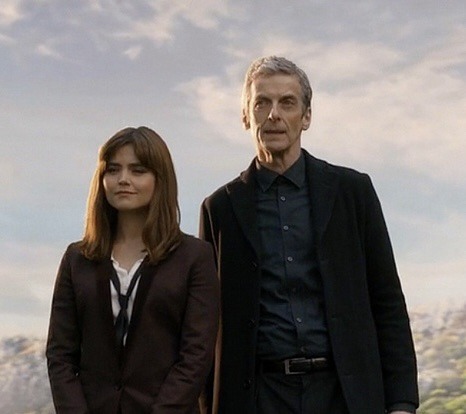
Clara: See ya. Don’t rob any banks.
Doctor: Don’t rob any banks what?
Clara: Without me.

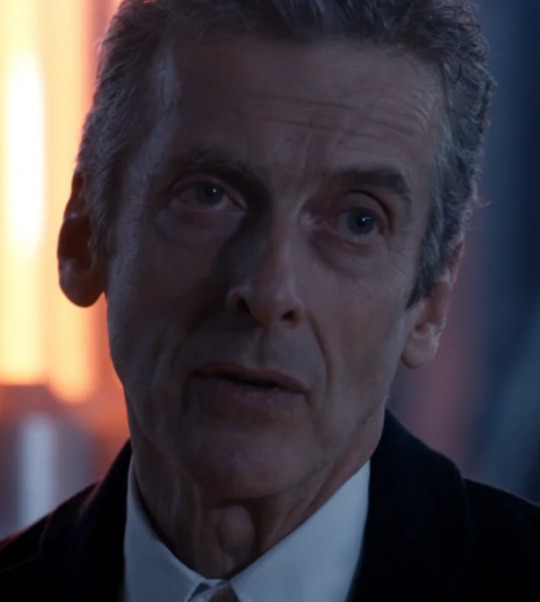
Clara: Then why are you helping me?
Doctor: Why? Do you think I care for you so little that betraying me would make a difference?
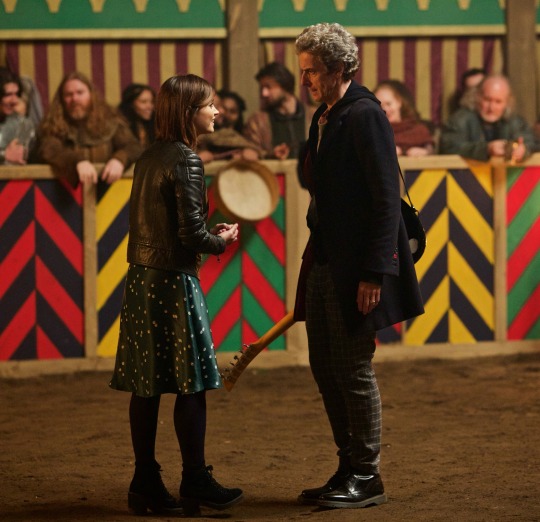
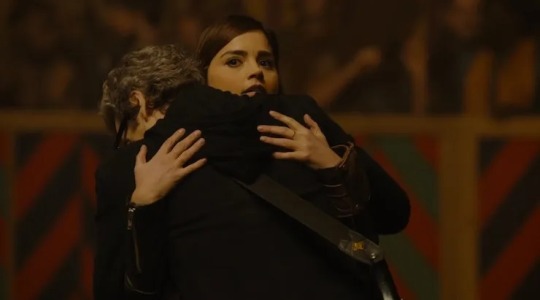
Clara: How did you know I was here? Did you see me?
Doctor: When do I not see you?
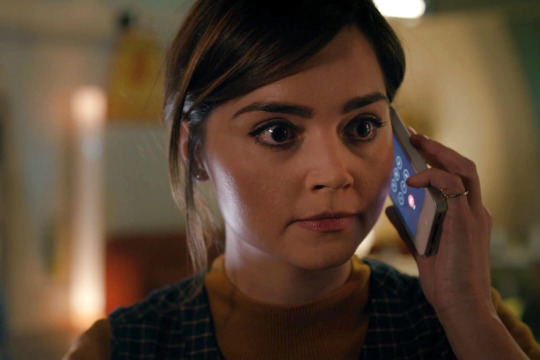
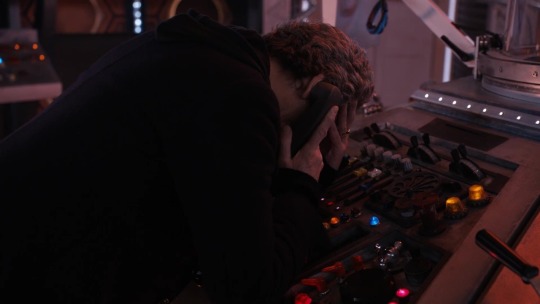
Clara: If you love me in any way, you'll come back

Doctor: That list. Everyone after you was random. But you being the next name, that’s what made me confront the Fisher King.

Clara: What were you bargaining for?
Doctor: What do you think? You
147 notes
·
View notes
Text
it’s my own personal headcanon that bruno’s room used to be full of lush greenery and waterfalls but the angrier/sadder/more frustrated he got at himself and his powers, the more it started to die and once he left his room, intending never to return, everything dried up completely and turned to sand.
the shower of sand when mirabel first walks in? waterfall.
all of the walls surrounding the stairs leading to his vision cave? covered in ferns and flowers and vines and other native greenery.
i’d like to think that his room was his own personal oasis and that after the house gets rebuilt, his room returns to its former, healthy state.
218 notes
·
View notes
Text

Does anyone else think about this moment?
Like how Luke knows that Alex is stressed and anxious about crossing over, and heartbroken about saying goodbye to Willie.
And Luke also knows that dancing is one of the things that helps Alex relax and makes him happy.
But he doesn’t just tell him to dance because he knows that wouldn’t work, because Alex doesn’t like being told what to do and he really doesn’t like people taking care of him.
Instead he goes, “Alex! No dancing!” because he knows Alex will immediately dance just to spite him and he just want to see his friend be happy.
And the look on his face after, like he’s just so damn proud of himself, just for putting a smile on Alex’s face for a second.
And the way he nudges Reggie, like, “See, I told you so,” makes me think they planned this when they stepped away so Alex could say goodbye to Willie outside.
Anyway. Yeah. I think about it a normal and healthy amount.
494 notes
·
View notes

